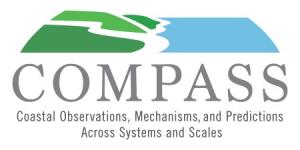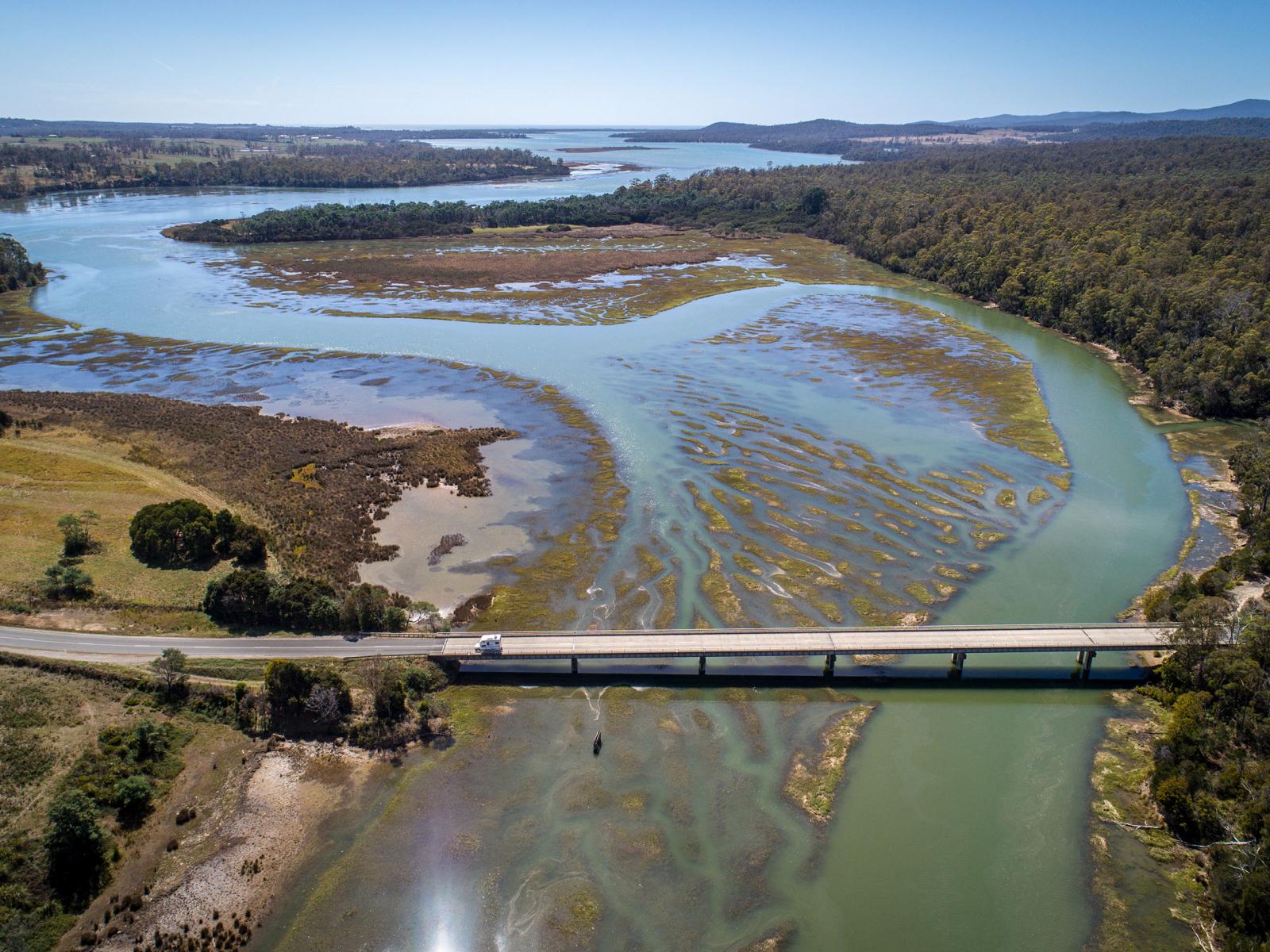
Coastal Observations, Mechanisms, and Predictions Across Systems and Scales (COMPASS)
Coastal Observations, Mechanisms, and Predictions Across Systems and Scales (COMPASS)
Improving fundamental scientific understanding, model representation, and predictive capacity of coastal systems.

The COMPASS project aims to increase fundamental understanding, models, and the ability to predict change in coastal systems.